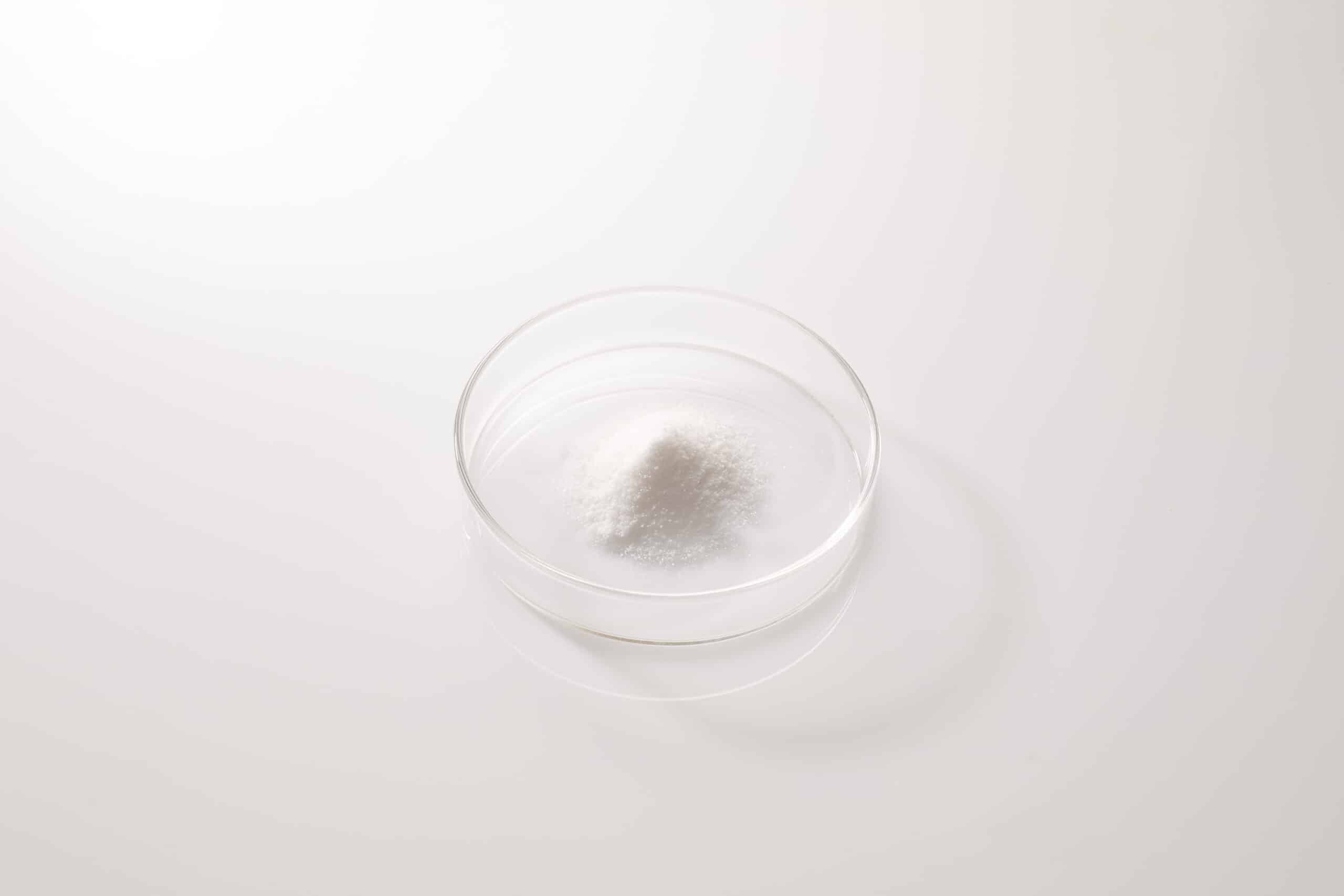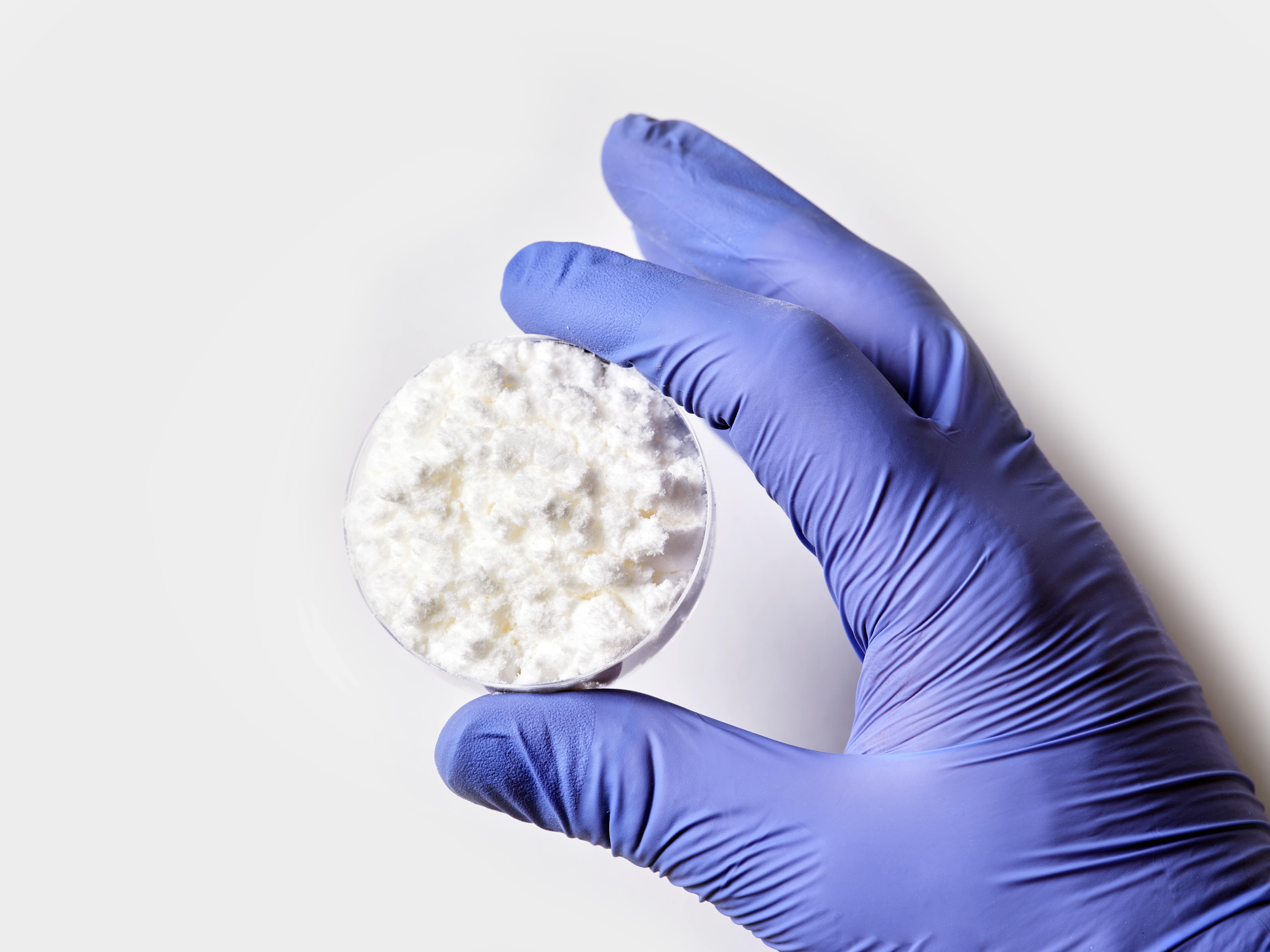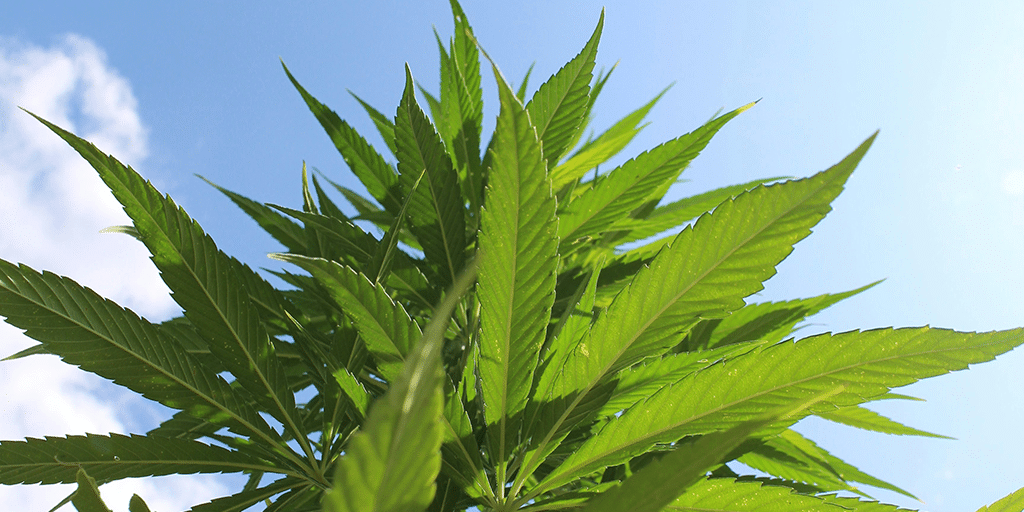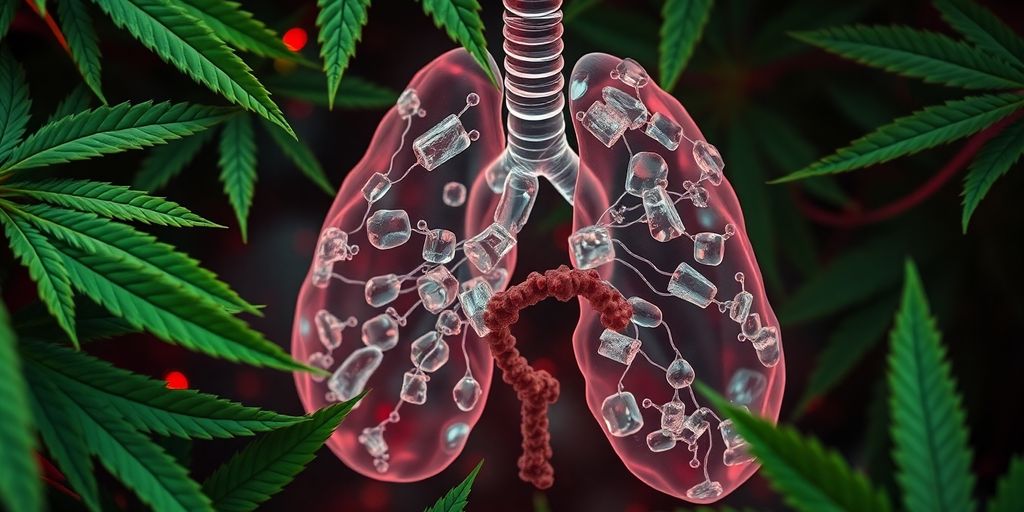One of the cannabinoids that has made the complexity of cannabis increasingly apparent is THCV. While similar to THC in many respects, THCV takes after other cannabinoids with the appellation “varin” in being an entirely unique rendition of the original compound.
Is THCV the same as THC? Absolutely not. Availability of this rare cannabinoid may remain problematic for the average consumer, but we can still share information about THCV to prepare for its eventual entry into the market.
Below, learn what THCV is, what it does, and how it compares to other cannabinoids. By the end, we’ll be well-prepared to answer the core question of this article: Is THCV worth using in products at the current moment?
What is the cannabinoid THCV?
Tetrahydrocannabivarin (THCV) is a natural cannabinoid found in cannabis. As is often the case in nature, a separate set of cannabinoids appears to have developed alongside the main set that has already become commonplace.
Featuring the syllables “varin” at the end of their chemical names and boasting altered chemical chains to match, so-called varin or V cannabinoids like THCV are only slightly different from their main cannabinoid counterparts in terms of structure. As any close student of human biochemistry knows, however, it only takes a minor change in chemical bonds to significantly alter the end result a compound achieves.
In that context, the most salient definition of THCV is that it is a somewhat less intoxicating version of THC. As is often the case with variants of dominant compounds, however, THCV also appears to have unique properties making it a worthy subject of study independent from THC.
Origins
Exactly how varin cannabinoids came to be in the development of Cannabis sativa remains a subject of pure speculation. For whatever ultimate reason, nature simply seems to often create backup sets of compounds, organic structures, or even entire species.
Whether the varin cannabinoids were precursors to or intended improvements on the cannabinoids that eventually became dominant in cannabis is anyone’s guess. It could even be the case that the two sets of cannabinoids were intended to be included side by side and emerged simultaneously. Cannabis research will need to progress tremendously past its current state before answers to questions like these become apparent.
Structure
THCV is structurally different from THC in one very simple way: It features two fewer hydrocarbon groups on its tail, the segment of the compound technically known as a “lipophilic alkyl chain¹.” Scientists are still learning about cannabinoids, but it’s reasonable to assume that every part of the THC molecule has at least some role to play in the compound’s psychoactivity. The absence of two hydrocarbon groups in varin cannabinoids may be all the explanation necessary for their observed reduced potency.
Effects
Among individuals who have used the cannabinoid, THCV is commonly described as “THC lite” since its intoxicating properties do not match up to those offered by conventional THC. The experience may elicit the same overall perceptions and feelings but to a much lesser extent.
THCV has also become known as THC lite due to the common perception that it is effective as a weight loss aid. This benefit remains to be proven, however.
What does THCV do?
THCV appears to primarily interact with the neurotransmitters responsible for the characteristic effects of THC, the CB1 and CB2 receptors. Due to its substantially different effect profile, however, it has been proposed that THCV may also interact with other facets of human biochemistry.
Anecdotally, the experienced effects of THCV appear to be considerably diminished compared to THC. The hunger commonly associated with THC use is also apparently replaced with reduced appetite, which some users report has helped them lose weight.
Is THCV the same as THC?
No, THCV and THC are very different across a few categories. The cannabinoids have different effects, they’re treated differently legally, and their availability is quite a bit different as well. Individuals should not use THCV or formulate it into products under the assumption that the cannabinoid will be as acquirable as THC or offer the same effects.
THCV vs. THC
Below, we’ll compare THCV and THC across seven distinct categories to help narrow down their differences and similarities:
Source
THCV and THC are both natural cannabinoids that occur over the normal course of Cannabis sativa maturation. While THC is the most abundant cannabinoid in cannabis, however, THCV is comparatively extremely rare. Sourcing adequate concentrations of THCV for product formulation is, therefore, problematic — as a result, the cannabinoid is usually converted from the precursor of a different cannabinoid using a simple enzymatic process.
Structure
The only structural difference between THC and THCV is reduced alkyl chain length in the THCV compound. At their “heads,” the two compounds are identical. THCV simply features two fewer hydrocarbon groups, making the compound smaller overall.
Potential Benefits of THCV
Studies show that, despite exerting reduced psychoactivity, THCV may exert a profound effect on human digestion that is entirely absent in THC. A variety of research endeavors have now accumulated related to the subject, leading scientists to reach an overall conclusion that THCV should be investigated as an appetite suppressant and metabolic regulator².
With this context in place, it’s understandable that THCV has recently been the target of inquiries into the cannabinoid’s potential usefulness against obesity and related conditions like diabetes. We don’t know enough yet to definitively determine whether or not THCV has any utility for these purposes, but the research that has accumulated so far is certainly intriguing.
Potency
THCV is widely regarded as less potent than THC, with some users suggesting it offers about one-quarter to one-third of THC’s intoxication potential, typically linked to potency.
As we have discussed, however, THCV may have properties that THC does not. These non-psychoactive properties should still factor into discussions about the comparative potency of THCV and THC.
Legality
THC (delta-9 tetrahydrocannabinol) remains synonymous with the Schedule I illicit drug “marijuana” under United States federal law. THCV is generally classified as “industrial hemp” if its delta-9 THC content stays below 0.3%.
While certainly an oversimplification, it is therefore possible to loosely state that THCV is “legal” while THC is “illegal.” At play, however, is not just US Constitutional law but also the regulatory mandates of Executive Branch agencies like the DEA and FDA. So, any statements regarding the legality of THCV should always be speculative rather than declarative.
Safety
There does not appear to be an inherent difference in safety between THC and THCV. Some potentially relevant factors bear consideration, though:
– The apparently reduced psychoactivity of THCV compared to THC may also entail that THCV has an overall reduced capacity to harm.
– The persistent issues with THCV sourcing, on the other hand, could also lead to increased contaminant concentrations in finished products compared to THC.
To this day, even the exact safety of THC remains up to debate. More studies are needed on cannabinoid safety, which seems generally benign but may harbor hidden risks like any compound.
Availability
There is a stark difference between THC and THCV in regards to availability. Vast quantities of high-quality, naturally derived THC are available to you in the United States — as long as you are in the right state.
THCV, by contrast, is available online nationwide, but all commercially sold THCV products feature enzymatically converted as opposed to naturally derived cannabinoids. As a result, THCV often costs more while offering lower quality than comparable THC extracts. Remember, though, that THC is illegal under federal law, vastly limiting its reach versus THCV.
Buying bulk THCV online
Since the cannabinoid is chemically distinct from THC, products containing THCV have recently begun appearing online. It it is very important to be careful with THCV products, however, for a variety of reasons:
– In terms of mass production, THCV remains a very new cannabinoid, leading to quality control concerns
– Despite being less intoxicating than THC, it’s a fact that THCV is nonetheless intoxicating, putting it in a different category from CBD and similar cannabinoids
– Overall, THCV is one of the least-explored cannabinoids, so we know little about any potential compound-specific side effects
There may come a time in which buying THCV in bulk on the internet is safe and commonplace. For the time being, though, it pays to err on the side of caution by choosing the well-researched, non-intoxicating cannabinoids (CBD, CBG, CBN, etc.) that are already widely available.
The bottom line: Is THCV worth a try?
Purely for the purposes of trying it out, true cannabis psychonauts might want to try THCV once or twice. At this stage, THCV and other THC analogs are not yet commercially viable or ready for mass marketability.
For now, there are nearly a dozen other cannabinoids to try that, like THCV, are all naturally available in cannabis in varying concentrations. Devoid of problematic connections with THC, these non-intoxicating cannabinoids will continue to lead the industry for the foreseeable future.
THCV FAQ
Like all cannabinoids, THCV is a multifaceted compound that’s always presenting more for us to learn. Review the following FAQ section to learn more about what THCV is and does:
1. What is the best way to take THCV?
Due to a lack of relevant research, the best way to take THCV is currently unknown. So far, we know next-to nothing about the comparable safety and favorability of the various methods available for consuming THCV. Once we know more about the safety of THCV in general, it will be easier to provide opinions regarding ingestion methods.
2. Does THCV have any side effects?
THCV may exert significant side effects in some people — we simply don’t know enough about the cannabinoid yet to be sure. It’s only common sense, however, that THCV may be undesirable for some people if it’s true that the cannabinoid suppresses your appetite.
3. Can you lose weight with THCV?
There is no conclusive evidence that taking THCV causes weight loss. Despite being described as “THC lite,” any appetite-suppressing properties that THCV might have remain unproven and require further research.
Sources
1. Morales, P., Hurst, D. P., & Reggio, P. H. (2017). Molecular Targets of the Phytocannabinoids: A Complex Picture. In Fortschritte der Chemie Organischer Naturstoffe (pp. 103–131). Springer Science+Business Media. https://doi.org/10.1007/978-3-319-45541-9_4
2. Abioye, A. O., Ayodele, O., Marinkovic, A., Patidar, R., Akinwekomi, A., & Sanyaolu, A. (2020). Δ9-Tetrahydrocannabivarin (THCV): a commentary on potential therapeutic benefit for the management of obesity and diabetes. Journal of Cannabis Research, 2(1). https://doi.org/10.1186/s42238-020-0016-7






